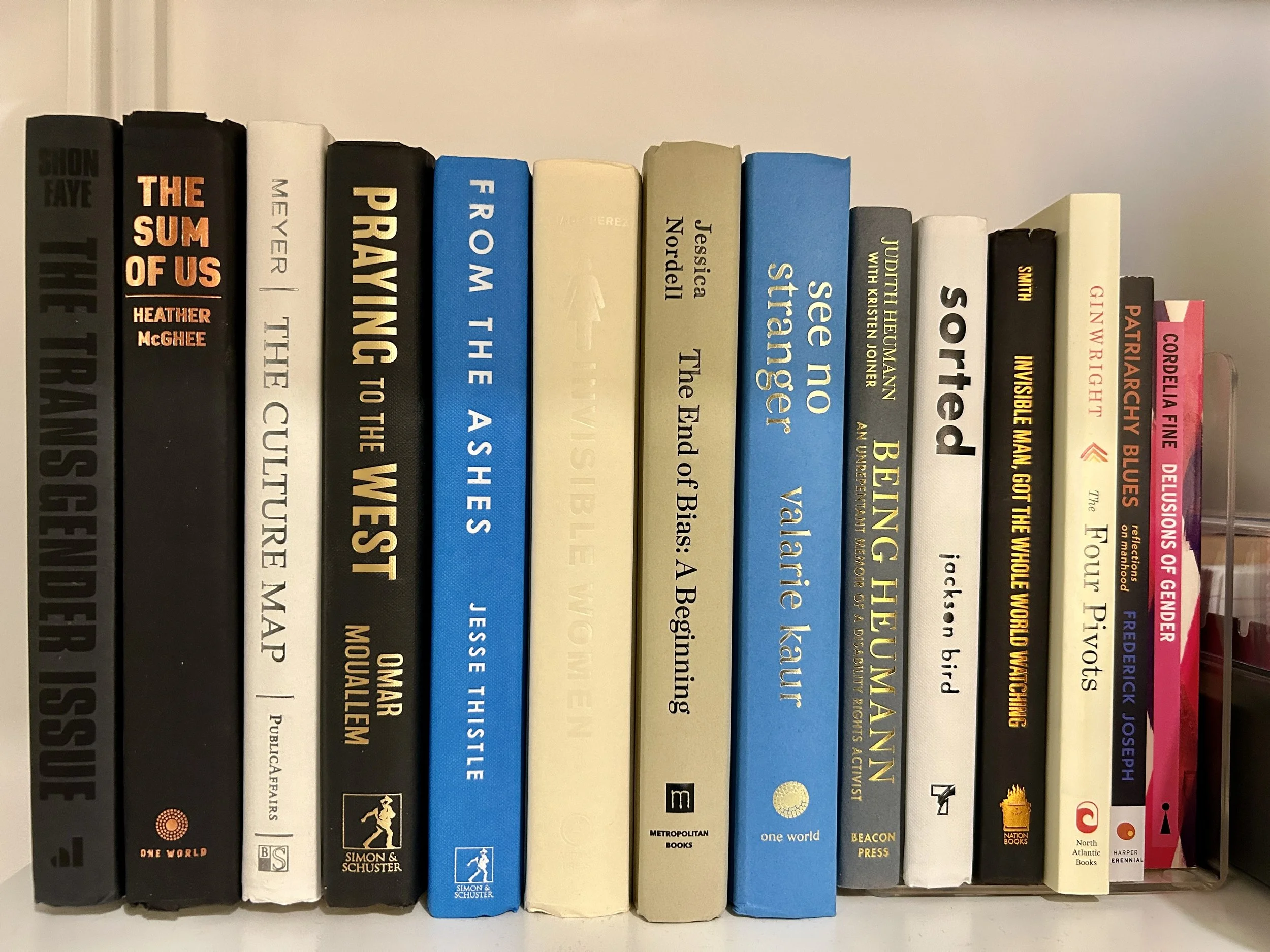The research that has defined Next Gen Men’s work for a decade tells us that the single most important factor for resilience is having at least one close, confiding relationship in which one feels truly known, accepted and valued. That’s how you overcome challenge.
Read MoreIs supporting women’s sports one of the key’s to men’s liberation? Friend of NGM, Samantha Nzessi, explores this topic to find out.
Read MoreHair loss is both common and distressing to many people. We’re curious, how have patriarchal gender expectations shaped our experiences of hair loss?
Read MoreFor the first time in my life, I was free of the endless internal verbal abuse I would typically subject myself to. Within this newfound reprieve from decades-old self-loathing, I finally saw that there was hope for me.
I was beginning to feel what it meant to be free, and understand that this kind of freedom was attainable.
Read MoreYou’ll notice that the traits associated with tallness — competence, wealth, status, leadership — are also traits we associate with masculinity. So, what is the association between patriarchal gender norms and height in our culture?
Read MoreHip-hop in its Essence is Real.
If you’re a hip hop fan, you might know that that’s what “H.E.R.” stands for in Common’s 1994 ode to hip hop “I Used to Love Her.” It’s a classic that perfectly charts hip-hop history through a love song—but not necessarily a happy one. Let’s explore this love story, and what it can reveal about MASKulinity.
Read MoreB.O.O.K. Club’s reads since Spring of 2020
Read MoreSmith apologized to Rock saying: “I was out of line and I was wrong. My actions were not indicative of the man I want to be.”
Read MoreFrom Taylor Swift to the Rocky Mountains, amidst wind-whispered stories and cold-night sleeping bags, we’re shaping the lives of boys becoming men. As they’re held in meaningful relationships and supported to overcome real challenges, a generation of compassionate, resilient and courageous young men is taking shape.
Read MoreWith a healthy masculinity summit in October 2012 in Washington, D.C., a key component of an ambitious two-year project to ‘spread the message of nonviolent, emotionally healthy masculinity,’ it seemed timely for Voice Male to ask several members of its national advisory board, and other colleagues and allies, to address in short essays their thoughts about the challenges inherent in trying define ‘healthy masculinity.’ What follows are the voices of those who responded just before the magazine went to press.
Read MoreThanks to #MeToo, the heightened awareness and expressions of support for these changes increases their relevance and impact. These actions also offer men ways to respond to #MeToo and to be more respectful and nonviolent toward women. Even if there is never another #MeToo tweet, now is the time for individual men and profeminist men’s organizations to step forward and work to achieve real, lasting change.
Read MoreIt comes back to parents, the primary protection for growing boys and their closest model for what it means to be authentically connected to others. It lives within schools, where boys learn the script for manhood and navigate their resistance to it. And more than anywhere else, it unfolds in the inner lives of boys: in the unseen depth of their friendships and shared secrets, in the quiet breathing as they fall asleep, in their ability to say the words that are too often left unsaid.
Read More











